Long-term sobriety is a goal to which everyone struggling with addiction should aspire. But what are the best recovery goals? What does long-term sobriety really look like?
Liberty House Recovery is the best luxury drug and alcohol rehab center in Michigan. Contact us today to learn more about the benefits of drug treatment centers in Michigan.
Triggers
One of the biggest sobriety goals is to be able to face your triggers without a relapse. Many people mistakenly believe that “recovery” means avoiding triggers forever, but in reality, true recovery means not being triggered by triggers.
For example:
Clarissa struggled with addiction to benzodiazepines. She would get a prescription from her doctor in town and the next town over. She would hide her pills in her sock drawer and her purse. She would also borrow prescriptions from friends.
Immediately after treatment, that doctor’s office or her sock drawer might be a trigger, but long term, Clarissa can’t be expected to never go to the doctor again, avoid her friends, and buy new furniture.
Instead, her long-term sobriety means she can visit the doctor for regular illnesses and concerns while reflecting on her recovery and not immediately relapsing.
Safe Housing
For other individuals, long-term goals for sobriety include safe housing. It’s not uncommon for people struggling with addiction to also struggle with legal issues, and sometimes those legal issues are what prompted them to get help in the first place.
But not everyone comes from a safe, supportive home environment.
- Some people have lost their home
- Others have a home that isn’t supportive of recovery
Long-term sobriety means having stable housing that isn’t a halfway house or any type of transitional home, but it’s a place where you are safe and supported in your sobriety.
Financial Stability
Long-term goals for sobriety include financial stability. Without financial stability, people are more susceptible to relapse because it can cause anxiety, depression, and other mental health issues.
Financial stability as a sobriety goal or recovery goal is individualized to each client. If you participate in a treatment program that includes aftercare services, you can sit down with a professional and review things like:
- Your current debts
- How to get out of debt
- How to budget each month
- How to start a savings account
- How to open a new account
Financial stability might include secondary and tertiary recovery goals like going back to school, getting a job, or getting a better job.
Education and Career Development
Other long-term goals for sobriety include career and educational goals. Aftercare planning can help you:
- Learn how to write a resume
- Go back to school
- Get your GED
- Apply for a promotion
- Get a new job
- Ask for a raise
Every client is in a different place when they leave drug and alcohol rehab.
- Some clients just need their GED so they can apply for a job with stable benefits and a reliable income.
- Others may have a job waiting for them, but they need to know how they can get a raise.
- Still, some might be in between; they want to go back to school to get more education or go to college, but they also need help finding jobs and applying for them.
Socialization/Hobbies
Long-term sobriety shouldn’t function like a prison sentence. It’s not meant to be a lifetime of guilt, struggle, or isolation. In fact, sobriety goals should include more socialization but with people who support your sobriety.
It’s not uncommon for this to include a whole new set of friends if addiction is the shared trait with those closest to you. Tangentially it’s important to develop new hobbies that you can do with your new friends. Some common hobbies include:
- Crafting
- Hiking
- Rock climbing
- Woodworking
- Yoga
- Creative writing
- Sports
- Gardening
- Music
Learning new skills can help you continue down your road to development, improved cognition, and better physical health. Socializing while you engage in those hobbies can alleviate the risk of isolation in recovery and encourage you to continue to meet other recovery goals with support from those closest to you.
Reaching Long-Term Goals for Sobriety
Long-term sobriety can be facilitated with help from treatment centers like Liberty House. Not only do we offer comprehensive Michigan inpatient treatment and detox services, but we also provide aftercare. Aftercare and supportive housing services make it easier to achieve your sobriety goals.
With our aftercare planning services, clients have a chance to figure out what their sobriety goals are, how they can go about achieving them, and what long-term sobriety looks like.
Call Liberty House today at 1-866-686-0319 to learn more about achieving your recovery goals.


